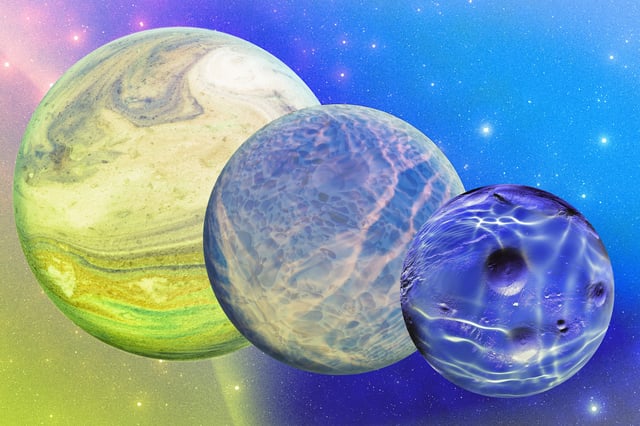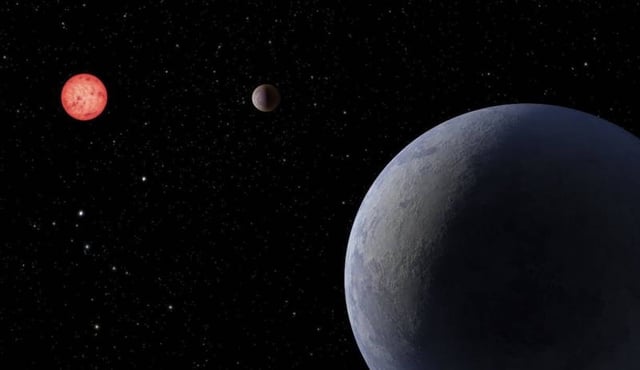Overview
- PNAS peer review confirms that lab mixtures of sulfuric acid with nitrogen-containing organics produce ionic liquids remaining liquid at temperatures up to about 180°C under pressures far below Earth’s.
- These fluids’ negligible vapor pressures allow them to persist as small oases on warm, water-depleted rocky planets, expanding conventional habitable-zone criteria beyond liquid water.
- Experiments on basalt substrates under simulated planetary conditions demonstrate consistent ionic-liquid formation from volcanic sulfuric acid interacting with common organic compounds.
- Initial trials reveal certain proteins and other biomolecules can remain stable in these ionic fluids, suggesting potential non-water-based metabolic processes.
- Researchers plan follow-on work to verify natural occurrences, assess complex biochemical viability, and develop remote or in-situ detection strategies.

